Human capital is the accumulation of skills, knowledge, and experiences that contribute to an individual's overall worth and potential for success. Knowledge is power, and this is especially true when it comes to building a strong foundation for our future. In a similar way to the art of investing, reading is an endless, intellectual labor of discovery. A constant self-recognition of the lack of knowledge, counterbalanced by the hunger to learn more. In the same way as any type of capital, the formation of human capital compounds over time. Similarly, it requires time, patience, and perseverance.
I would not want to miss this opportunity to wish you all a Merry Christmas. I hope you are enjoying these days with your loved ones.
Welcome to Edelweiss Capital Research! If you are new here, join us to receive investment analyses, economic pills, and investing frameworks by subscribing below:
The man who doesn’t read good books has no advantage over the man who cannot read them” - Mark Twain
Reading is a key activity to increase human capital. It is not the only one, and perhaps it is not fundamental for many people, but as time goes by, I realize that it is becoming more and more so. Nevertheless, we continually encounter criticism from quite a few people about those who read a large number of books per year. The criticism is that such reading must necessarily be rushed and unreflective, advocating a much smaller and more reflective quantity. As in almost everything, there is no single methodology applicable to everyone and everyone has to discover what works best for them. Those who read many books can acquire a wide range of knowledge and perspectives that can be beneficial to their personal and professional development. The discussion is quite similar to the eternal battle between generalists and specialists. In either case, finding the right balance between quantity and depth of reading can be key to maximizing the benefits of reading and, therefore, increasing one's human capital.
At the start of each year, I ambitiously set out to read 24 books. But life has a funny way of intervening. Last year, I managed only 15—not quite the 22 or 40 of previous years. What changed? Well, let’s just say the responsibilities at home have "compounded" with the arrival of my first daughter. Balancing books and a choby baby isn’t easy, but it’s an adventure. Reading may have slowed, but life has never felt fuller—or more worth writing about! 😊
At the bottom of the post, a list of my 15 books of 2024 with my ratings. Hope you find something for your library.
The John Deere Way; David Magee (70%)
The John Deere Way is an interesting but dated look at a business that has survived and thrived for over a century. The book dives into John Deere's history and the relationships with its network of dealerships, showing how a company deeply tied to the land has endured the ups and downs of economic cycles. What stands out is how Deere, despite being in a cyclical industry, made real progress in improving its returns on capital. Over a decade ago, management introduced incentives aimed at driving capital efficiency, a move that has had lasting benefits.
That said, the book's age shows. It was published more than 15 years ago, and Deere’s world has changed significantly since. The rise of precision agriculture, data-driven equipment, and electrification aren’t covered here. Still, for readers interested in the foundations of a resilient business, this is a worthwhile read—just keep in mind that it captures a snapshot of the past, not the full story of what Deere has become.
How to Make a Few Billion Dollars: Brad Jacobs (80%)
Brad Jacobs is a modern master of business building. How to Make a Few Billion Dollars reads like a manual for constructing empires, drawing from Jacobs’s exceptional track record with companies like United Waste Systems, United Rentals, and XPO Logistics. His ability to see opportunity where others don’t, structure businesses for operational excellence, and execute on a grand scale has made him one of the most fascinating entrepreneurs of our time. For those interested in the art of scaling businesses, the lessons here are invaluable.
Many of the insights from the book can also be found in Jacobs’s numerous interviews. While reading provides more depth, the core principles of his approach—focus, discipline, and relentless execution—shine through in both formats. As Jacobs embarks on his next venture with QXO, we’re eager to see what he’ll do with a blank slate once again.
If there’s anyone more interesting than Jacobs in business today, I’d like to know about them. His combination of vision and action, not just in creating value but in understanding industries at their core, sets him apart. For a deeper dive into his method, check out my article:
#76 The 4th Symphony of the Empire Builder
The Business Reinvention of Japan; Ulrike Schaede (65%)
Ulrike Schaede's *The Business Reinvention of Japan* explores how Japanese companies have adapted to a changing world after their dominance in the 1980s faded. The book focuses on the strategic pivots many firms have made to survive and thrive, from embracing niche markets to leveraging partnerships and reorganizing corporate structures. It’s a detailed look at Japan’s journey to redefine itself in a global economy that demands innovation and agility.
For someone like us, who has looked this year at over a thousand Japanese companies and spoken with more than 100 CEO/CFOs, the book doesn’t break new ground. However, for those less familiar with Japan’s unique corporate environment, it’s a solid introduction. The book also reflects on Japanese culture—its strengths, like precision and quality, and its challenges, such as resistance to change—which are integral to understanding the country’s business evolution. Japan remains a fascinating case study, shaped by the tension between tradition and reinvention.
What I learned about investing from Darwin; Pulak Prasad (80%)
Pulak Prasad’s approach to investing is inspired by the principles of evolution—adaptation, resilience, and survival over the long term. I have to admit I was not able to finish the book, but it is definitely one I will come back to. The reason is that my friend my friend Leandro from
invited me to have a conversation with Mr. Prasad last winter, and I had a time constraint of finishing it before the conversation. It was a tremendous pleasure to discuss his philosophy, and the returns he has achieved are there for all to see. His clarity of thought and ability to connect ideas from biology to business stood out, offering insights that few investors articulate so well.Prasad’s long-term focus has produced remarkable results. Instead of chasing short-term gains, he invests in enduring businesses that compound steadily over time. The book reflects that philosophy, showing how patience and adaptability are as critical in investing as they are in nature. For anyone wanting to understand the mindset behind his success, this book offers valuable lessons.
Invertir en bolsa española; Javier García de Tiedra González (72%)
For various reasons, Spain doesn’t have as many high-quality businesses as I might hope, but this book does a good job of explaining the history and business models of the companies that stand out. It’s a great introduction to the gems of the Spanish stock exchange, such as:
Logista: A logistics and distribution company with a strong footprint in Southern Europe, specializing in tobacco, convenience products, and pharmaceuticals. While efficient and well-managed, it lacks the volume growth I would require to make it attractive.
Alantra: An independent financial advisory firm focused on mid-market investment banking, asset management, and wealth management.
Vidrala: A leading producer of glass packaging for food and beverages. Family-owned and well-managed, with local monopolies similar to those in substrate and cement industries, but it is quite capital intensive.
Viscofan: The global leader in casings for meat products, Viscofan has a dominant position and economies of scale, but it shares the same limitation—lacking volume growth to make it compelling.
Inditex: The standout among Spanish companies, Inditex is the parent of Zara and a global leader in fast fashion. It boasts an outstanding culture, high-class management, and a remarkable supply chain. However, the fashion industry is intensely competitive and rapidly changing, which makes it too challenging for me to consider despite its undeniable quality.
For anyone looking to understand Spain’s stock market and its standout businesses, this book provides a solid foundation, even if some of these companies fall short of what I’d require as an investor.
Ideas que funcionan; Eduardo Baviera (75%)
Clínica Baviera is probably one of the handful of quality companies in Spain, and Eduardo Baviera’s Ideas que funcionanprovides a clear picture of its history and values. The company operates ophthalmology clinics in Spain, Italy, and Germany, specializing in services such as laser eye surgery and intraocular lens surgery. With over 70 clinics and a team of more than 300 ophthalmologists and optometrists, it has built a reputation for excellence through strong management and a patient-centered approach.
In 2017, Aier Eye Hospital Group, a Chinese company, acquired an 86.83% stake in Clínica Baviera. While this majority ownership might give some investors pause, the Baviera family continues to manage the company, maintaining its operational leadership. Ownership transitions like this often raise questions about long-term priorities, but the company’s track record suggests its core values remain intact.
Financial Shenanigans; Howard Schilit (71%)
*Financial Shenanigans* by Howard Schilit is a fascinating book that dives into how companies can use accounting tricks to manipulate their financial statements and mislead investors. It outlines various techniques or accounting tricks that companies use to manipulate their financial statements. These include recognizing revenue too early or fabricating sales to inflate top-line growth, hiding real costs or improperly capitalizing expenses to boost profitability, inflating assets or downplaying liabilities to present a stronger balance sheet, and reclassifying activities to make operating cash flows appear healthier than they really are.
The book highlights several real-life examples, including the case of Michael Saylor, now famous for leading MicroStrategy and its Bitcoin strategy. In the early days of his career, Saylor and his company were accused and convicted of “cooking the books” by inflating revenues and results. It’s a reminder that even well-known business leaders can have questionable chapters in their past.
This is a must-read for anyone involved in investing. It equips readers with the tools to identify red flags in financial statements and avoid falling victim to creative accounting. It’s not just an educational book—it’s an essential manual for navigating a world where financial sleight of hand can sometimes go unnoticed.
The World of Yesterday: Memoirs of a European; Stefan Zweig (95%)
This was the best book I read all year. Zweig’s writing is unmatched—poetic, heartbreaking, and vivid. The World of Yesterday is not just a memoir; it’s a poignant reflection on a lost world. Through Zweig's eyes, we see a Europe brimming with cultural richness and intellectual fervor, only to be torn apart by the brutal forces of nationalism and war. It’s a genuine gem of the 20th century, offering a window into a time of both great beauty and profound tragedy.
Zweig’s ability to capture moments in his life is extraordinary. He describes his school years in Vienna at the end of the 19th century, where uninspiring teachers contrasted sharply with his obsession with literature, poetry, and theater. He recounts symbolic scenes, like returning from Switzerland after World War I and witnessing the exile of Otto von Habsburg at Feldkirch station, a moment that marked the collapse of an empire. His collaborations with Richard Strauss, including writing librettos, and Strauss’s precarious position with the Third Reich are further examples of how Zweig’s life intersected with history in profound ways.
Each chapter is a seamless chain of remarkable experiences, written with a narrative beauty that feels almost otherworldly. Zweig doesn’t just tell his story; he immerses you in it. A book like this stays with you long after the final page, a masterpiece of memory and meaning.
For a deeper dive into why this book resonated so strongly with me, you can read my full post here:
Financial Statements; Chris Higson (70%)
A solid, classic textbook on accounting, a thorough introduction to understanding and analyzing financial reports. It covers the fundamentals of balance sheets, income statements, and cash flow statements, making it an essential resource for anyone looking to grasp the mechanics of corporate accounting.
While it’s not the most engaging read, it delivers what it promises: clear explanations and practical insights. For those wanting to strengthen their foundational knowledge or revisit key accounting principles, this book does the job well. A staple for understanding the language of business.
Sam Walton: Made in America (70%)
Another classic. This is a firsthand look at the entrepreneurial spirit that defined 20th-century America. Sam Walton shares his story of building Walmart with grit, determination, and a relentless work ethic. It’s a window into a passionate, hardworking USA, showcasing the energy and drive that powered one of the most transformative businesses of the century.
Walton’s journey is filled with relentless effort—driving endless miles to visit stores, engaging directly with employees, and constantly seeking ways to deliver more value to customers. It’s a testament to how vision and persistence can create something extraordinary, while also reflecting the challenges and sacrifices such ambition demands. For anyone curious about the roots of modern retail or the essence of entrepreneurial America.
Expectations Investing; Mauboussin and Rappaport (45%)
This was my biggest disappointment of the year. I’ve always admired Mauboussin’s papers, but Expectations Investing offered me practically nothing new or even remotely interesting. The content felt overly academic and lacked any fresh insights.
While it aims to teach readers how to reverse-engineer market expectations through valuation frameworks, much of it felt like a rehash of concepts better explained elsewhere. For someone already familiar with Mauboussin’s work, this book adds very little. Simply put, it was a "meh" experience and not one I’d recommend.
Elon Musk; Walter Isaacson (92%)
Walter Isaacson delivers a riveting portrait of Elon Musk, one of the most influential figures of our time. The book explores his insatiable hunger for innovation, the staggering risks he takes, and how his relentless ambition has reshaped industries like space exploration, electric vehicles, and artificial intelligence. Isaacson takes readers inside Musk’s mind, revealing the brilliance and volatility that define him.
The story captures Musk’s contradictions: a visionary capable of world-changing progress but also a polarizing figure who often leaves chaos in his wake. From the birth of Tesla and SpaceX to his controversial acquisition of Twitter, Isaacson lays bare both his incredible achievements and the personal toll of his relentless pursuit of progress.
This is more than a biography; it’s an essential read for anyone living in the 21st century. To understand Musk is to understand the forces driving the future. For those interested in the mind of a man who dares to challenge the limits of what’s possible, this book is a must.
La filosofía de Bitcoin (70%)
This book serves as a good introduction or philosophical exploration of Bitcoin, delving into the ideological and conceptual roots of the cryptocurrency. It frames Bitcoin as more than just a technological innovation, examining its implications for society, economics, and personal freedom.
For those already well-versed in Bitcoin, the book may still offer a few fresh ideas to reflect on, but it doesn’t break significant new ground. However, it’s a solid read for anyone curious about Bitcoin’s deeper meaning and its place in a changing world. Book is now also available in English.
Odysseus und die Wiesel: Eine fröhliche Einführung in die Finanzmärkte; Georg von Wallwitz (73%)
delightful and philosophical introduction to financial markets, blending wit and insight. In my post, I highlighted Wallwitz’s use of Odysseus as an archetype for the ideal investor: pragmatic, patient, and resilient. Odysseus embodies the qualities needed to navigate the often irrational and chaotic world of finance, resisting temptations and maintaining focus on long-term goals.
The book goes beyond traditional finance to reflect on human behavior and decision-making, making it both entertaining and thought-provoking. It’s a unique mix of storytelling and financial wisdom, offering lessons for anyone intrigued by the intersection of literature and investing.
#67 The Ideal Investor: Learning from Ulysses
The Gambler; Fyodor Dostoyevsky (85%)
Wow! This was my first time reading Dostoyevsky, and I absolutely loved it. The Gambler is a short but powerful exploration of human psychology, especially when it comes to gambling. It delves into themes like luck, market emotions, loss aversion, and the irrational behaviors that drive people to chase after what they shouldn’t.
At its core, it’s a study of human nature—how we think, react, and often sabotage ourselves when faced with risk and reward. The parallels to investing and market behavior are striking, making it an extraordinary read both as literature and as an exploration of timeless human tendencies. Extraordinary.
The rating for 2024 reads:
The World of Yesterday: Memoirs of a European; Stefan Zweig (95%)
Elon Musk; Walter Isaacson (92%)
The Gambler; Fyodor Dostoyevsky (85%)
How to Make a Few Billion Dollars: Brad Jacobs (80%)
What I learned about investing from Darwin; Pulak Prasad (80%)
Ideas que funcionan; Eduardo Baviera (75%)
Odysseus und die Wiesel: Eine fröhliche Einführung in die Finanzmärkte; Georg von Wallwitz (73%)
Invertir en bolsa española; Javier García de Tiedra González (72%)
Financial Shenanigans; Howard Schilit (71%)
La filosofía de Bitcoin (70%)
The John Deere Way, David Magee (70%)
Sam Walton: Made in America (70%)
Financial Statements; Chris Higson (70%)
The Business Reinvention of Japan; Ulrike Schaede (65%)
Expectations Investing; Mauboussin and Rappaport (55%)
If you enjoyed this piece, please give it a like and share!
Thanks for reading Edelweiss Capital Research! Subscribe for free to receive new posts and support our work.
If you want to stay in touch with more frequent economic/investing-related content, give us a follow on Twitter @Edelweiss_Cap. We are happy to receive suggestions on how we can improve our work.





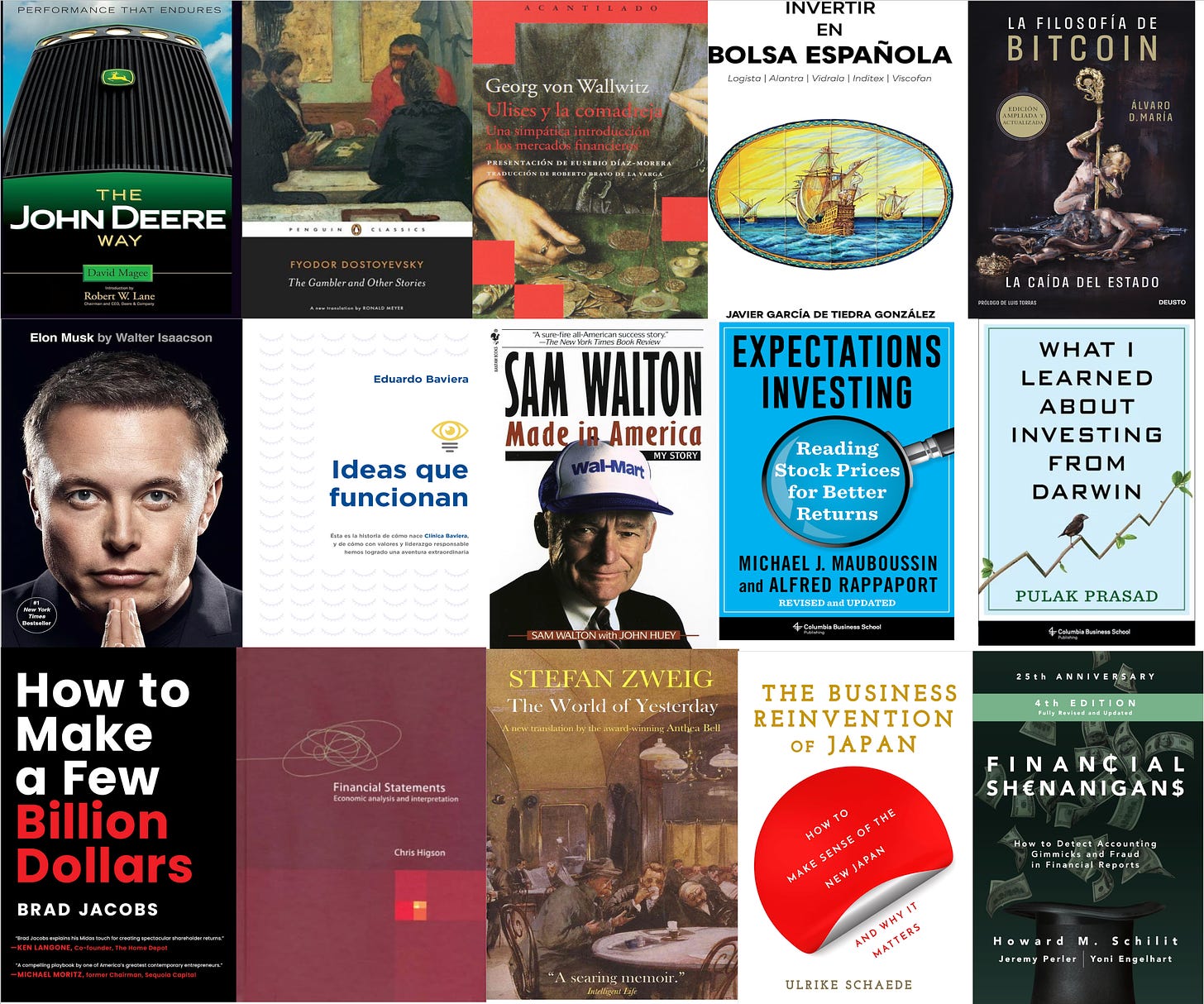
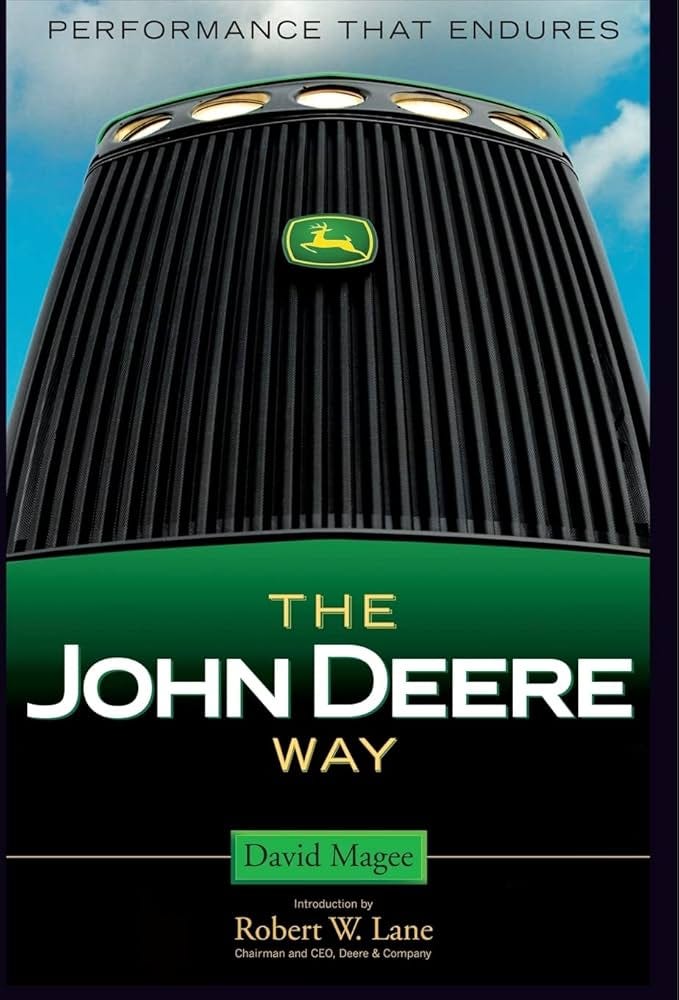
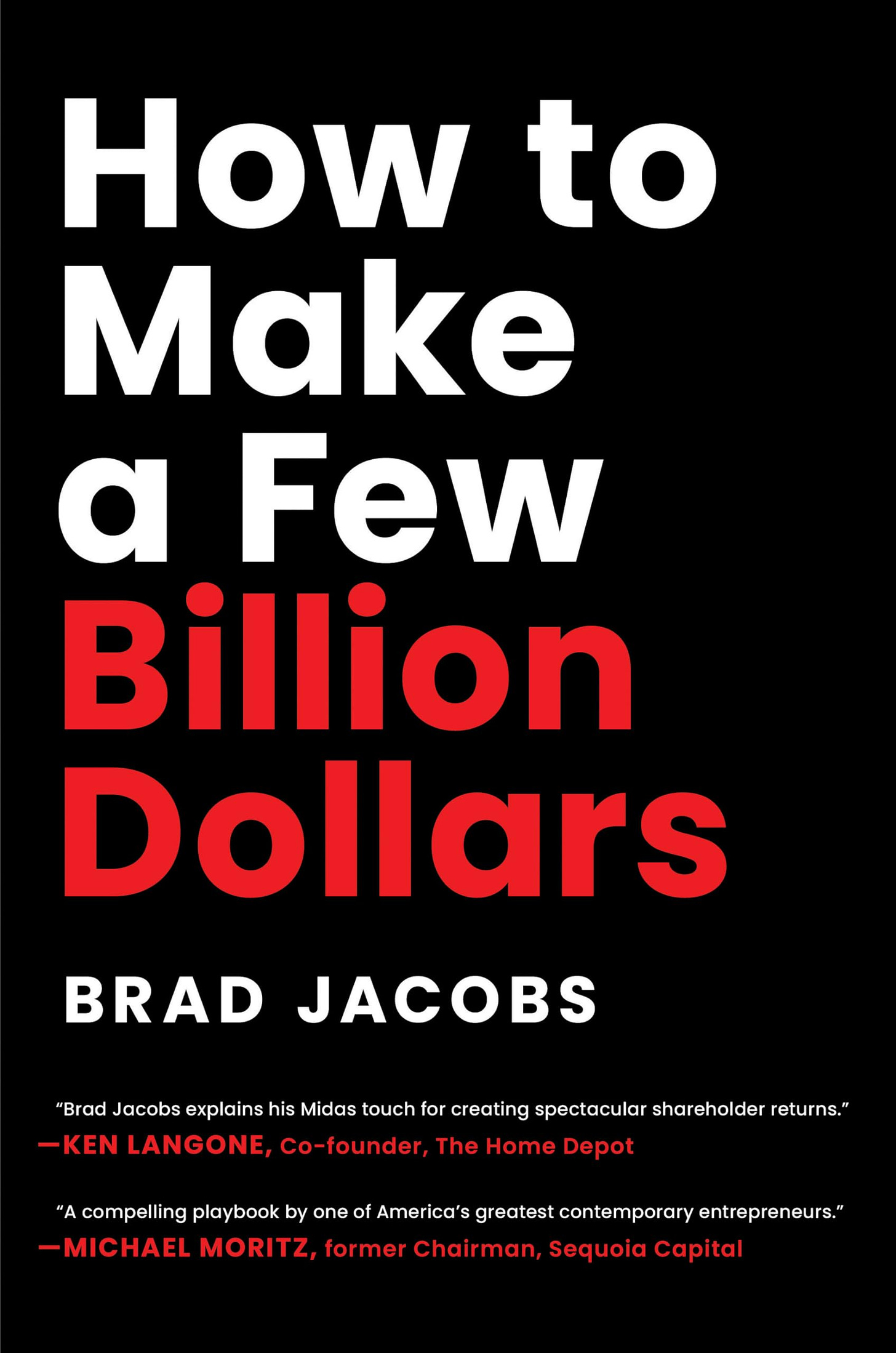

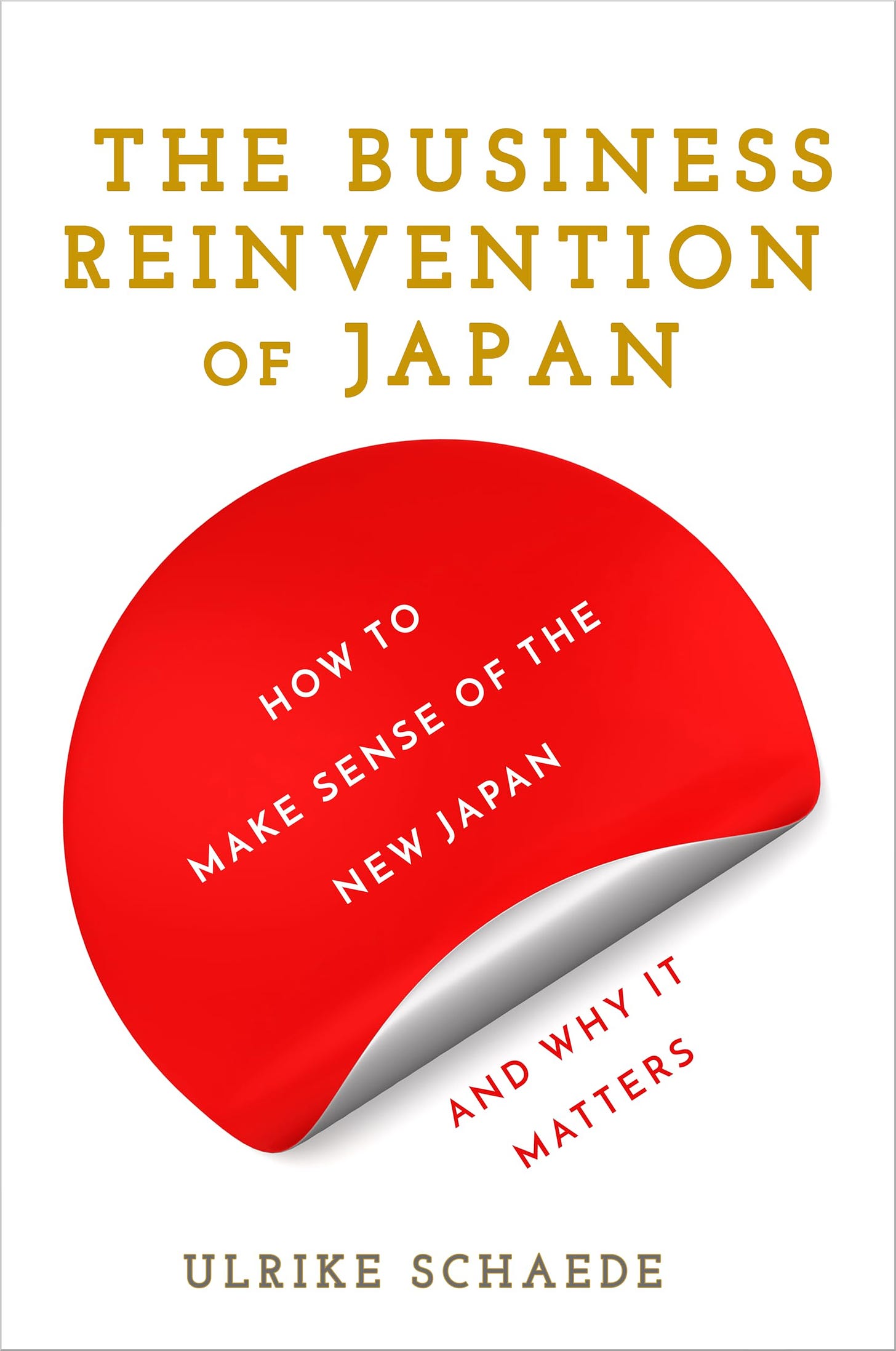
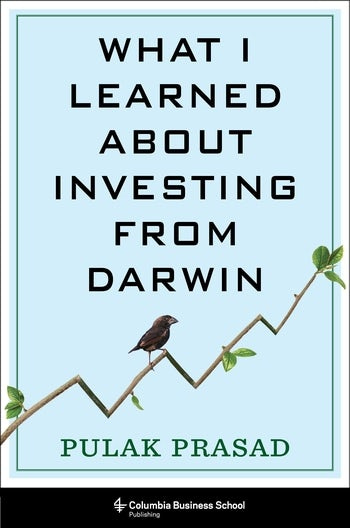
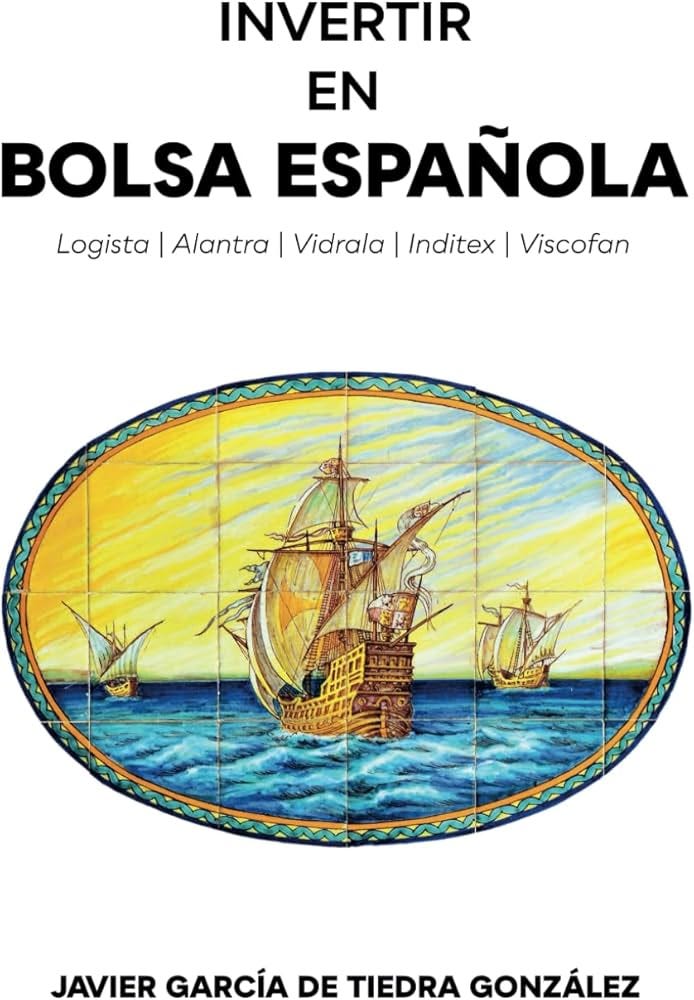
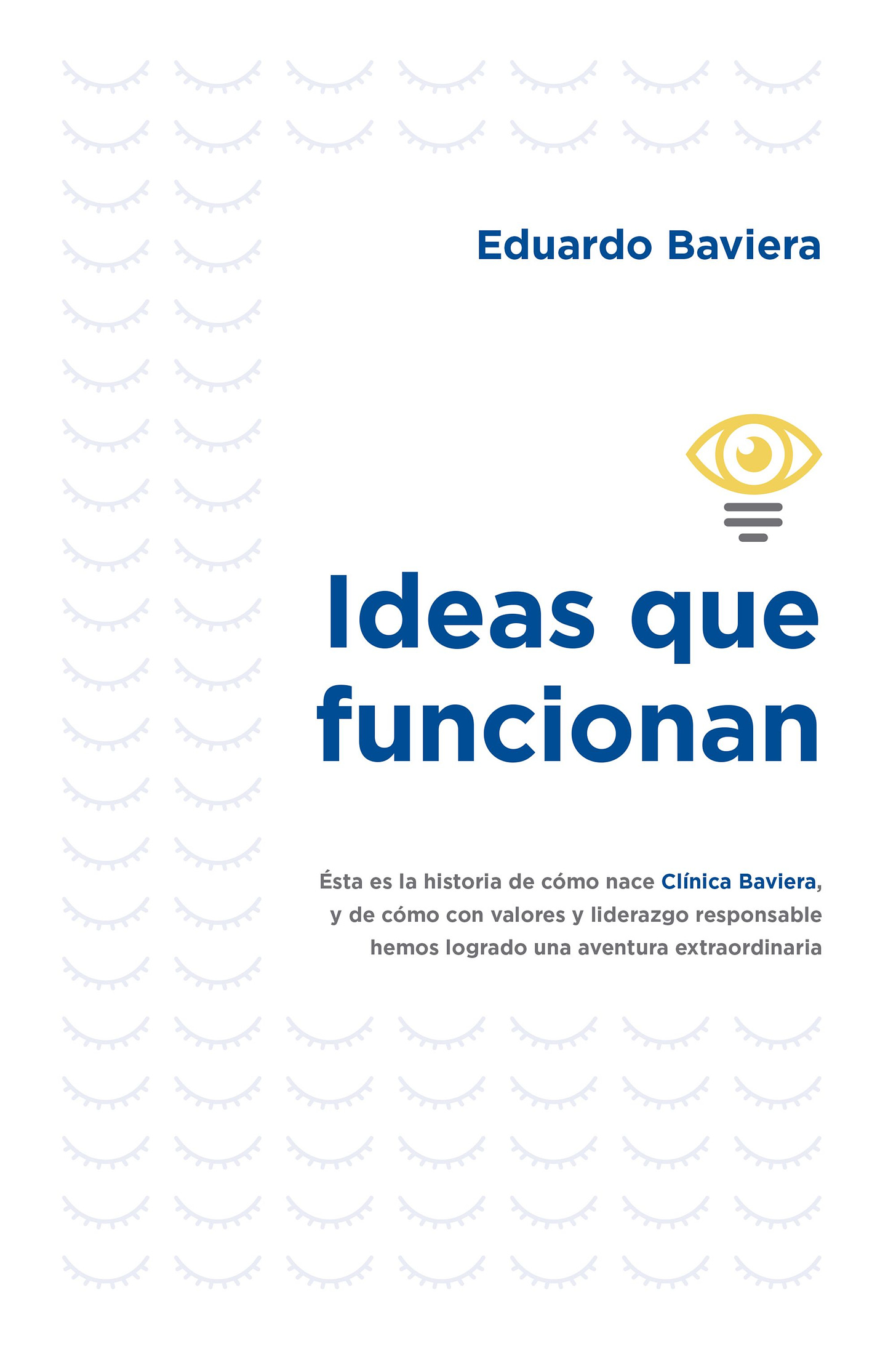
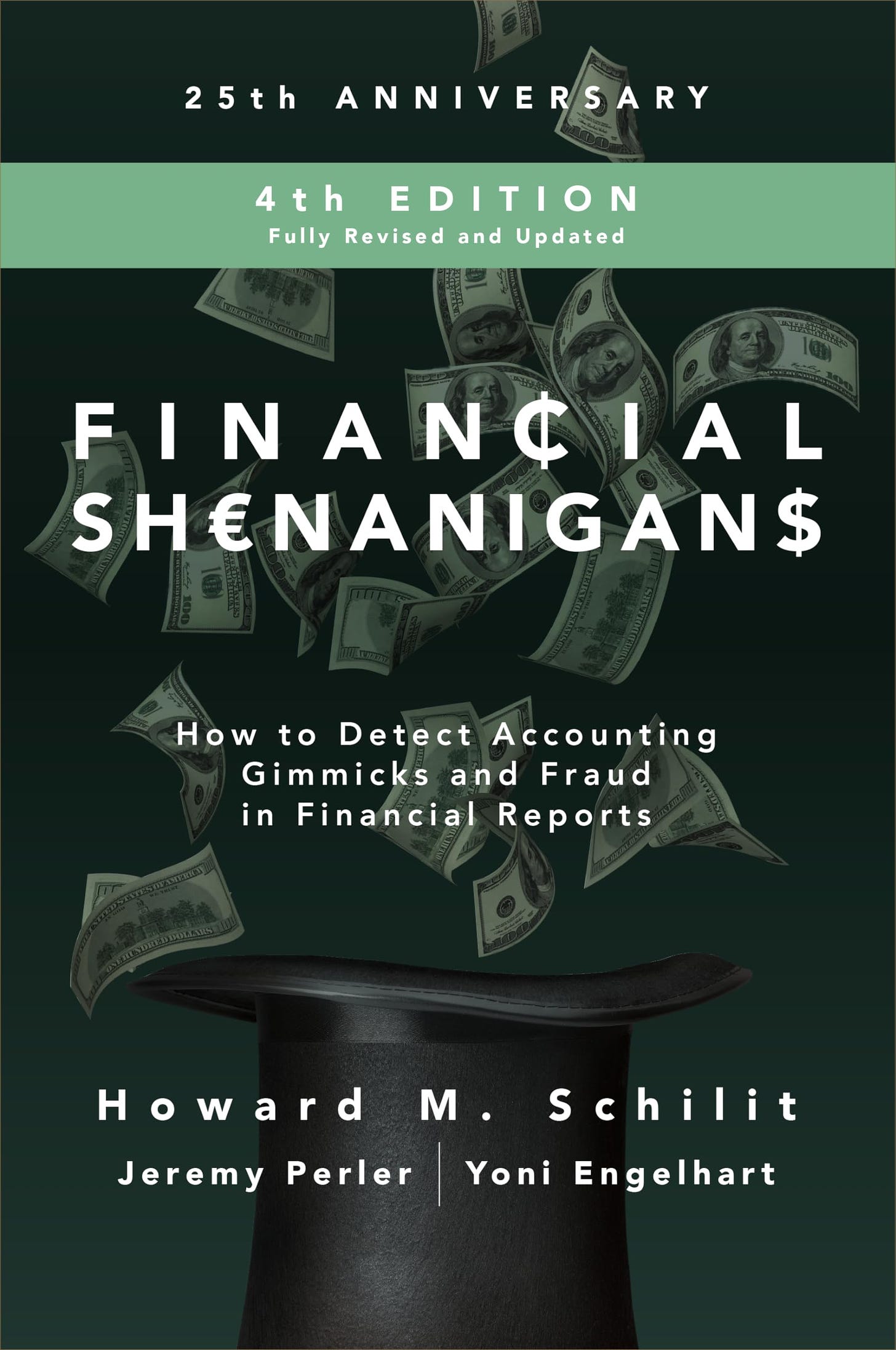
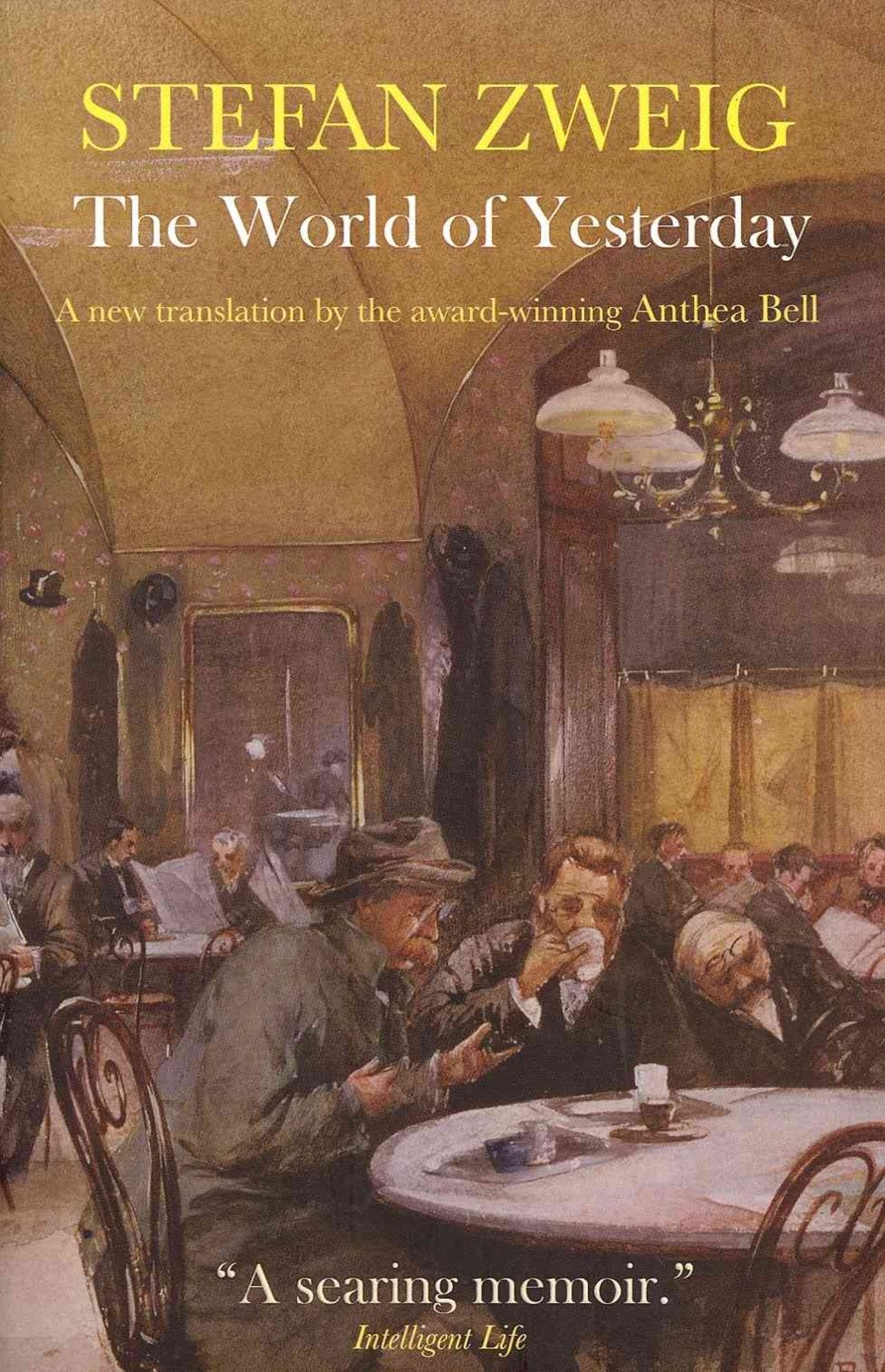

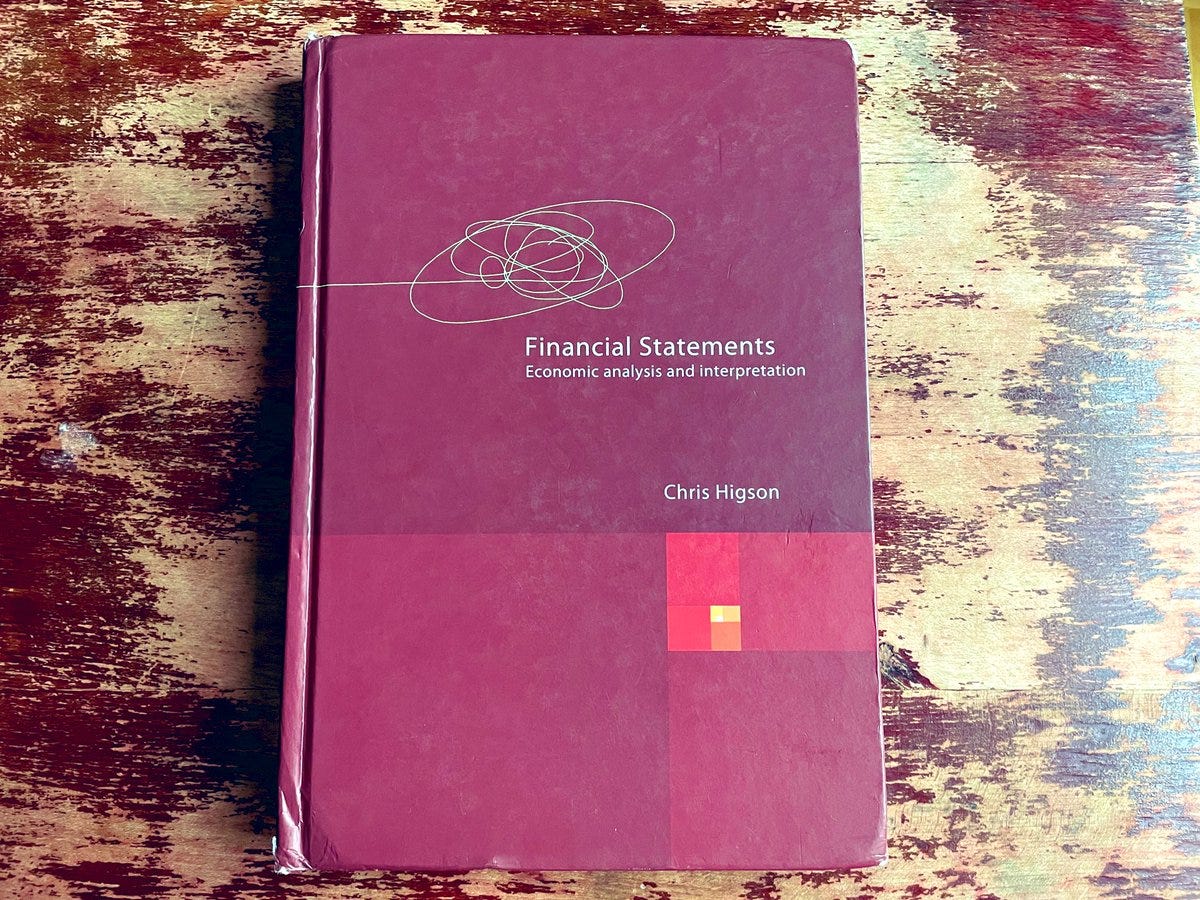
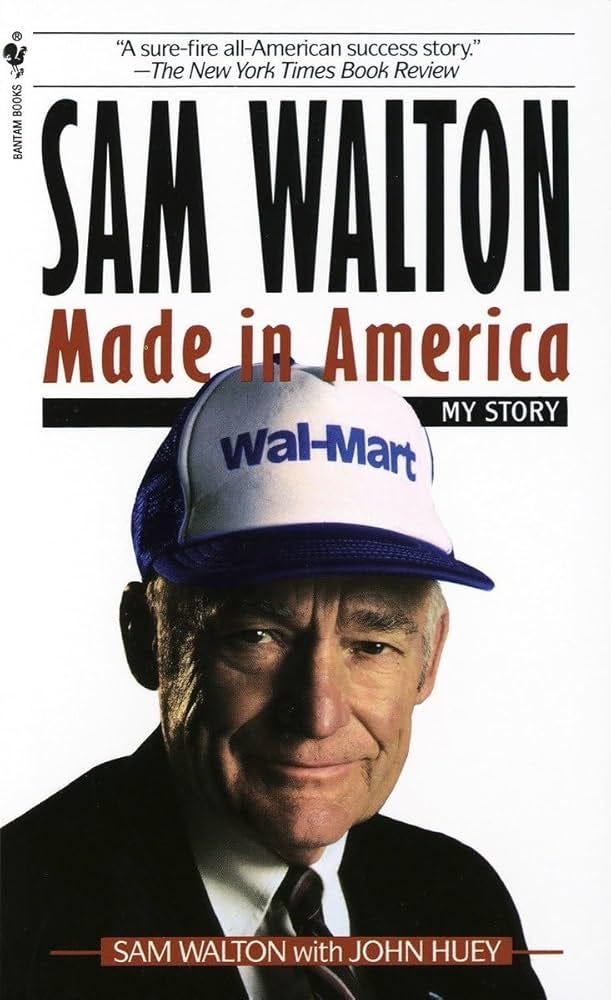
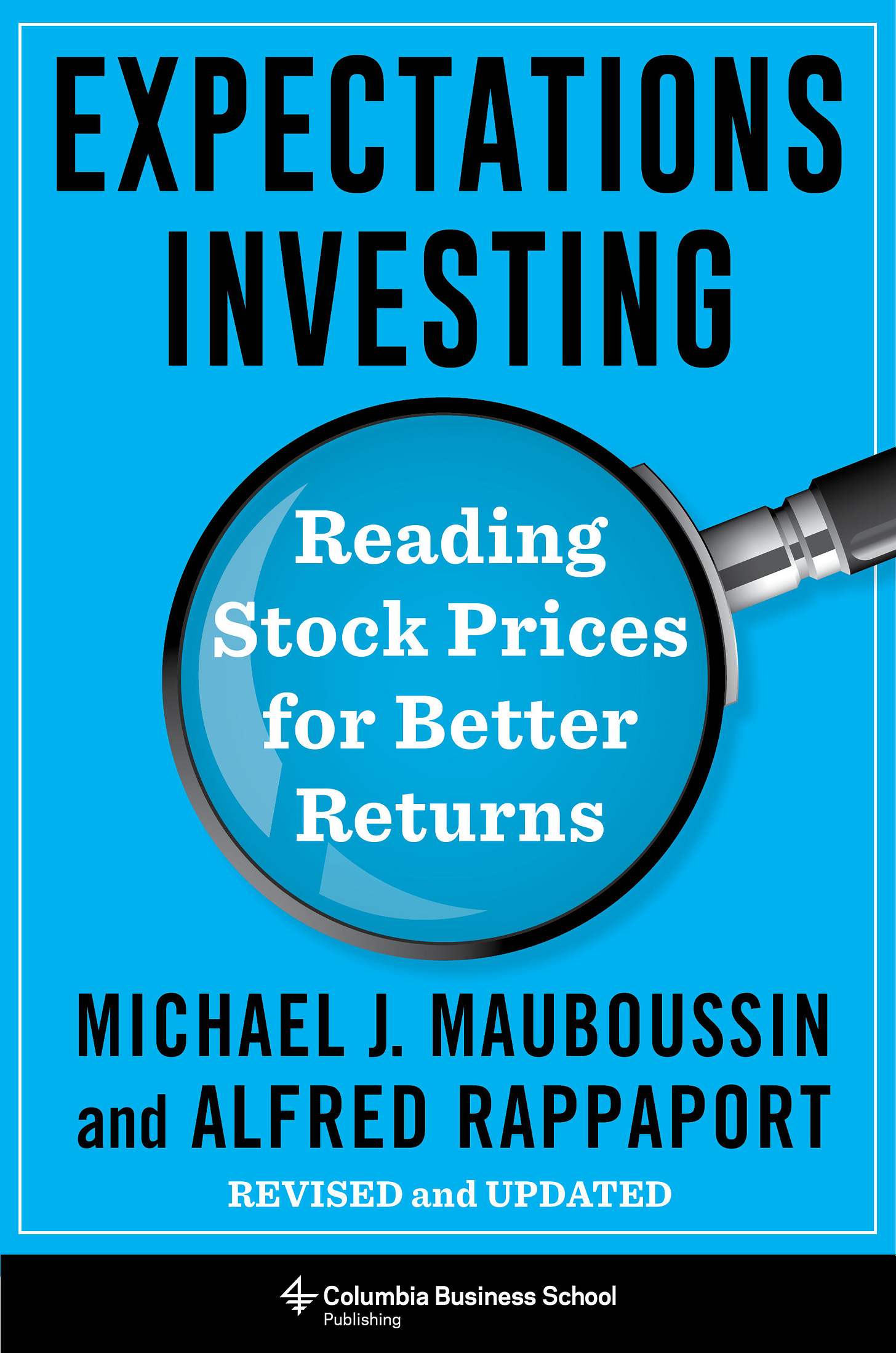
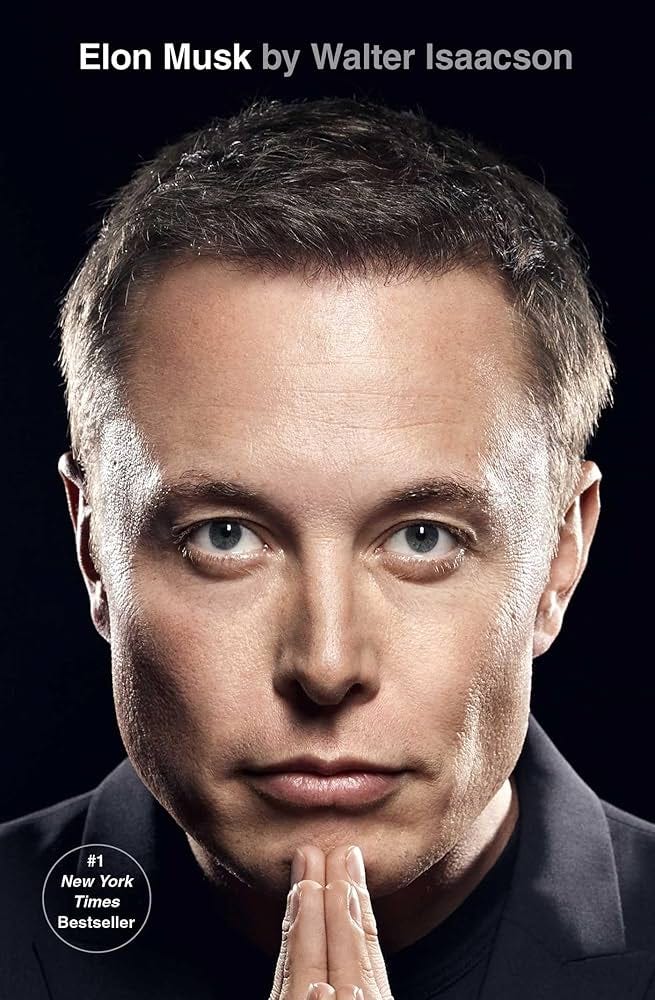
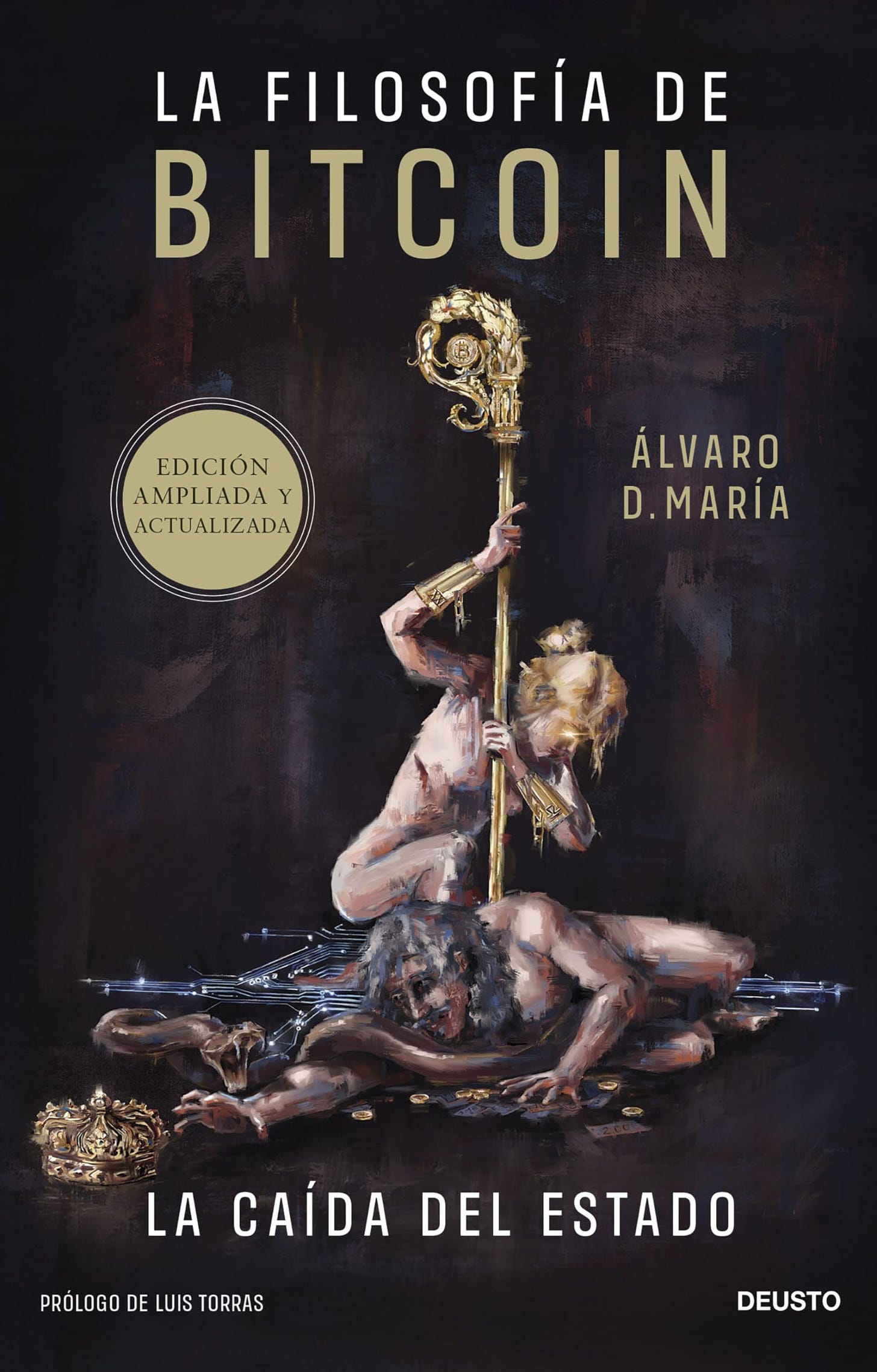
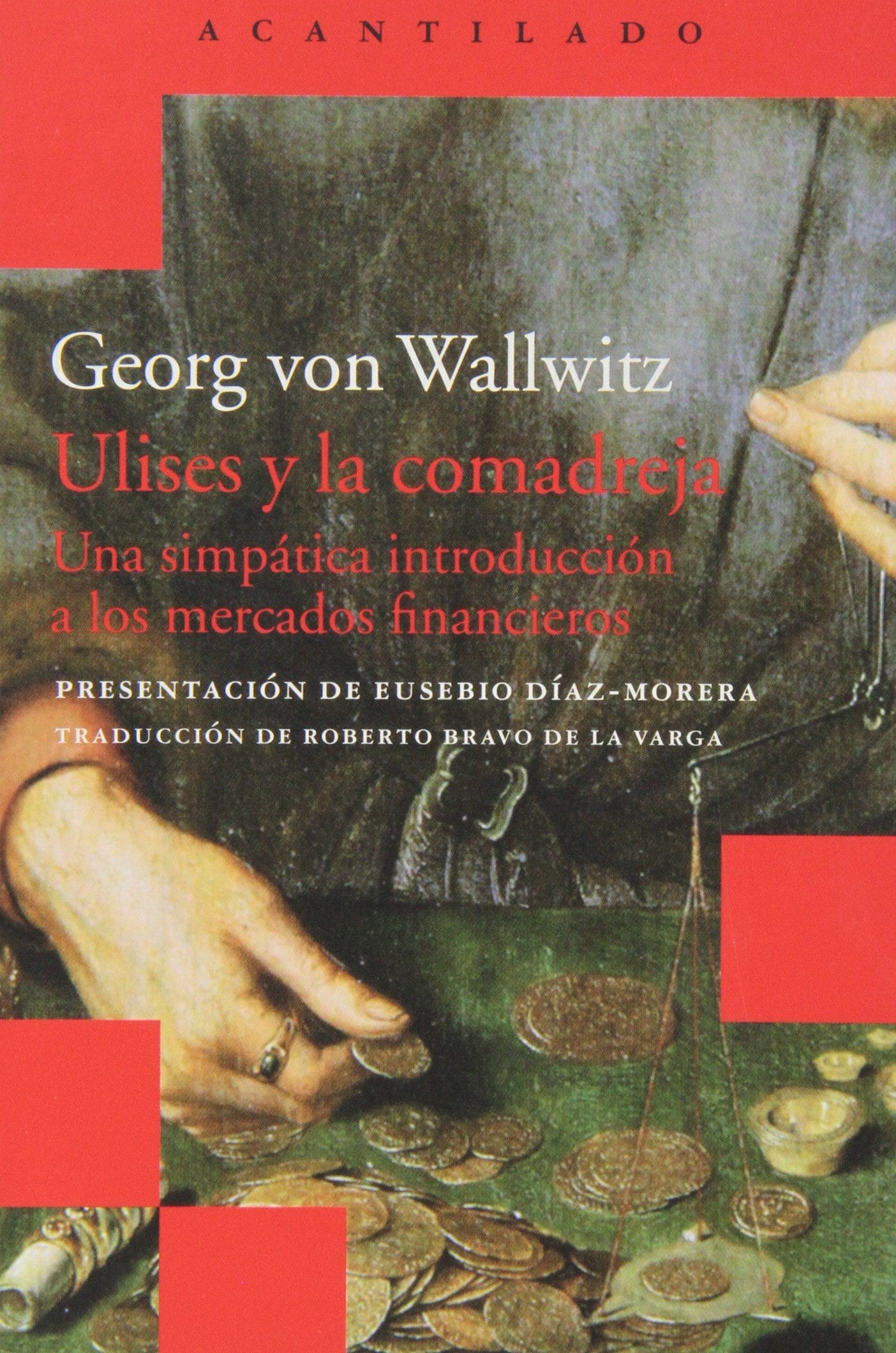

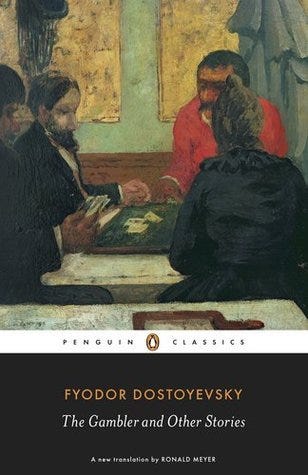
Best Christmas gift this year! I always look forward to this post, thank you.
Muchas gracias por compartir. Me guardo algunos en mi lista de pendientes.
Y bienvenido al universo Dostoyevsky. Te recomiendo "Crimen y castigo", que me pareció brillante.